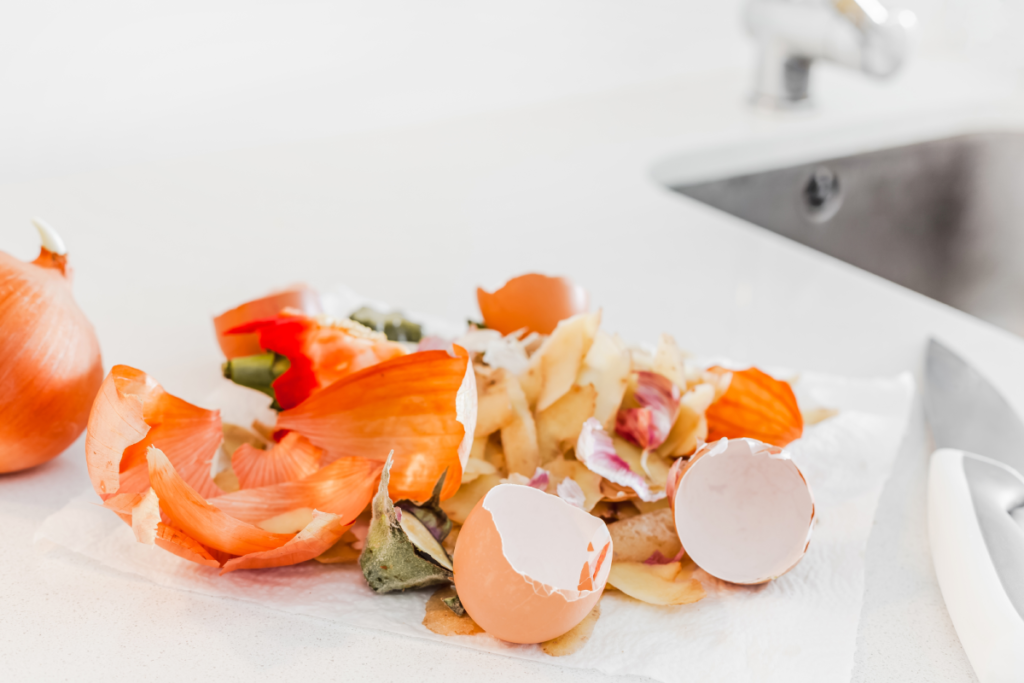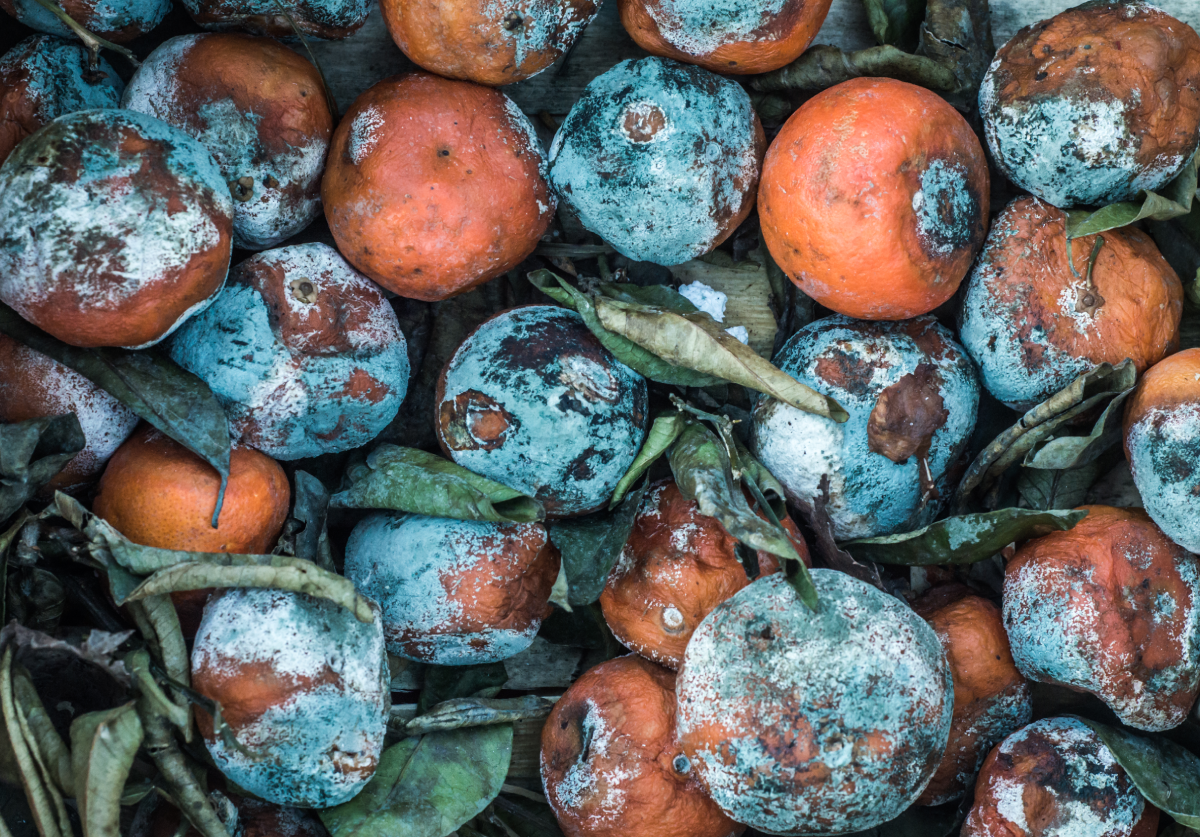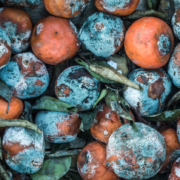We, humans, are a gluttonous bunch. Gone are the days when we used to eat purely for the sake of survival. Today, we eat for the sheer enjoyment of it. And while there’s nothing wrong with going out and enjoying the occasional steak dinner, or whipping up an extra batch of onion rings to accompany your dinner. As a global society, we waste a disgusting amount of food.
But, is food wasting really all that bad? Should you be ashamed when your leftovers go into the bin and forget about them? Just how bad is food wasting for the environment? And what are the future effects likely to be?
In this article, we’re going to tell you everything you need to know. Including ways that you can reduce your food waste and do your part for the environment. Let’s tuck in!
What is food waste and why is it an issue for the environment?

Food waste refers to the fact that we live in a global society where 1 in every 4 of the calories that we create are never eaten. In fact, the West alone throws away as much food as it created in the whole of Sub-Saharan Africa! That is an excruciating amount of waste. Particularly when there are more than 820 million people in the world right now who are going hungry.
But, the food that we waste isn’t merely a social or humanitarian crisis – but an environmental one. For all of the food we waste, we’re also wasting the energy and water that it took to produce, package, and transport it in the first place.
And where does the food waste go when we’re done with it? It’s left in landfills to rot, producing excessive levels of methane which is a large contributing greenhouse gas. It is even more dangerous than carbon dioxide!
Perhaps it’s time we considered tightening our belts a little bit?

What is the main cause of food wasting?
There are many different causes of food waste, but the primary cause is indifference. While more and more people are being made aware of the negative impacts of food wasting, the sad reality is that most people really don’t care.
The average person believes that they are too small to make a difference, but as the Dalai Lama once famously said:
“If you think you are too small to make a difference, try sleeping with a mosquito”.
Dalai Lama
Of course, most people are conscious and would gladly cut down on food wasting where possible. Only, they’ve been conditioned by an inherently wasteful society and haven’t been given the information necessary to make clever choices surrounding their food consumption.
Other common causes of food wasting include:
- Poor planning
- Preparing too much food
- Industrial food processing errors
- Overbuying in restaurants
- Overproduction
- Spoilage
But, one of the most frustrating causes of food waste of all, has to be aesthetics. That’s right! It is estimated that 20% of produce is thrown out because it is considered as being “ugly”. 1 in 5 carrots doesn’t quite make the cut because they’re a little too wonky for the modern consumer – even though they are equally as nutritious!

How much food do we waste in a day?
You’ll be disgusted to learn how much food we waste in a day. In the US alone, 150,000 tonnes of food goes to waste each and every day! That is equal to a pound of food per person.
On a global scale, the UN estimates that a whopping 17% of food produced globally every year goes to waste. That’s 931 million metric tonnes of food (the equivalent of over 6 million great blue whales).
And while you might think that there’s very little impact that you as an individual can make, your efforts to reduce your food wasting will make a difference – no matter how small.
What impact will food wasting have on the future?
The frightening reality is that 6 to 8% of the greenhouse gas emissions that are contributing to global warming (which is a serious and dire situation in and of itself) come from our food waste. So, in some respects, you could say that our collective gluttony is leading to the slow and eventual destruction of our natural world. And that’s just our eating habits, not to mention all of the other destructive behaviours that we have picked up along the way.

How can we prevent or reduce food waste?
It’s not all doom and gloom! Fortunately, many of our governments are taking steps to reduce food waste as best they can. Hopefully sooner rather than later. That, and there are many things that you as an individual household can do to reduce food waste. Thus, your carbon footprint, such as:
- Invest in food waste composters: invest in HASS Food Waste Composters and take your food scraps and turn them into fertiliser! That way, you won’t have to feel bad every time you cook a little bit too much and feel too full up to clear your plate; instead, you can put it to good use and turn it into food for your plants (if you are keen to try you can learn about how composting works and also how to use an electric food composter quite easily online).
- Write a shopping list and buy only what you need
- Adopt a healthier and more sustainable diet
- Don’t be afraid of “ugly” fruit and veggies
- Store your food appropriately
- Save leftovers where possible
- Support local food producers
- Keep your water consumption down (e.g., turning the tap off when brushing your teeth)
- Spread the word and share these tips with friends and family!



